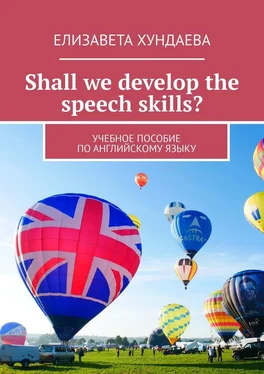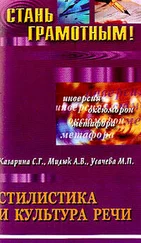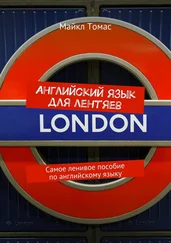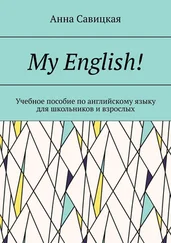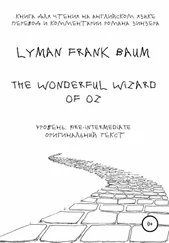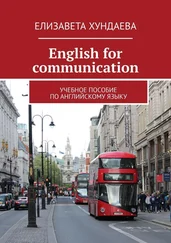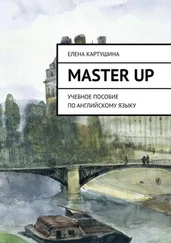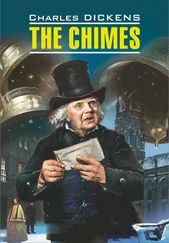The adverb (наречие) «the same»
Adverb (наречие) «the same» – таким же образом, так же, одинаково
They are pronounced the same – Они произносятся одинаково.
You should not dress (одеваться) the same (так же) as he does.
Do not behave (вести себя) the same (таким же образом) as they all do.
You stared (уставиться) at the people around (вокруг) the same (так же) as your girl-friend (подруга) does.
You walked (шагать, ходить) the same as your coach (тренер) does.
Don’t lie (лежать) on the couch (кушетка, диван) the same as some old men generally (обычно) do.
You stoop (сутулиться) just the same (так же) as my grandma (бабушка) does but she’s an old person and you are a pretty (хорошенький) young girl.
Please, try to memorize (запомнить): Like this – вот так (таким образом)
Делай это вот так (Do it like this).
Произноси вот так (Pronounce like this).
Ходи вот так (Walk like this).
Танцуй вот так (Dance like this).
Говори вот так (Speak like this).
Веди себя таким образом (Behave like this).
Пой вот так (Sing like this).
Пользуйся (Use) пультиком (joystick) вот так.
Whistle like this (свисти вот так)
Explain (объяснять) like this
Write like this
Read like this
Walk (ходить, шагать) like this
Speak like this
Clap your hands (хлопать в ладоши) like this
She explained (объяснить) it like this.
He began his story like this.
The phrase was translated like this.
He manages the affairs (руководить) of our lab like this.
The head (руководитель, глава) of our department (отдел) began the conference (совещание, конференция) like this.
She begins the experiment like this.
I process (обрабатывать) the data (данные) like this.
We make the computations (расчет, вычисление) like this.
Do you process (обрабатывать) the data (данные) like this?
We make measurements (проводить измерение) like this.
You take note (записывать, регистрировать) of the initial (начальный) and the final (конечный) data (данные) like this.
He makes the experiments like this.
The supervisor (руководитель) consults his workers like this.
They formulate (формулировать) the working hypothesis (рабочая гипотеза) like this.
The warrantor (финансовый поручитель) gave a reference (дать рекомендацию) praising (хвалить, превозносить) the borrower (заемщик) or the debtor (должник, дебитор) like this.
She sang like this.
He spoke like this.
The actor recited (декламировать, читать) the poem (стихотворение, поэма) like this.
The girls danced like this.
The children played like this.
The ballerina danced like this.
The actor sang the song like this.
She spoke (говорить, выступать) like this.
They helped each other like this.
They learn the foreign languages like this.
He learnt to drive the car like this.
Ann expressed the main idea like this.
Peter condemned (осуждать) their behavior (поведение) like this.
Pretty good; pretty tired; pretty bad
Look through the following sentences and pay attention to the usage of the attributes (определение), please.
Pretty good – весьма хороший; pretty tired (весьма усталый); pretty bad (весьма плохой).
The suggestion is pretty good, isn’t it? – Предложение весьма хорошее, не так ли?
The impressions (впечатление) are pretty good, aren’t they?
Being in high spirits (быть в хорошем настроении) is pretty good, isn’t it?
The performance (исполнение) is pretty good, isn’t it?
They look pretty tired, don’t they? – Они выглядят весьма усталыми, не так ли?
He looked pretty tired after the trip, didn’t he?
They looked pretty tired after going shopping, didn’t they?
They all looked pretty tired after the debate, didn’t they?
The proposal is not good, I would say it is pretty bad (весьма плохое), isn’t it?
The weather is pretty bad, isn’t it?
Being late for the date (cвидание) is pretty bad, isn’t it?
Rather than; would rather
1. Rather than – а не
I would go shopping rather than stay home alone.
I would have a cup of tea rather than (а не) coffee.
Please, read this article rather than that one.
You would go boating now rather than riding a car, wouldn’t you (не так ли)?
He’d play tennis rather than help you in the garden, wouldn’t he?
She’d stay home rather than lie (лежать) on the beach (пляж), wouldn’t she?
We’d go to the theatre rather than stay home doing nothing, wouldn’t we?
They would play chess (шахматы) rather than play football, wouldn’t they?
2. Rather – лучше бы, скорее бы, охотнее бы
I would rather (I’d rather) – я бы лучше
I’d rather go shopping – Я лучше бы прошлась по магазинам.
She would rather (предпочла бы) go to some fashion salon.
He’d rather go (cкорее пошел бы) to the gym hall (cпортзал), would not he?
They’d rather play tennis, wouldn’t they?
You’d rather go swimming, would not you?
We’d rather go boating, wouldn’t we?
They’d rather have a cup of coffee, wouldn’t they?
Oh, going shopping is such a nuisance (помеха, досада, неприятность), one would rather (лучше) lie on the sofa (лежать на диване) and watch TV. That’s much better, isn’t it?
I’d rather say it is not at all. – Я бы сказала, что это вовсе не так.
You had better (You’d better) – лучше бы вы, вам бы лучше
You had better go home. Вам бы лучше идти домой.
You had better not smoke here.
You’d better (вам бы лучше) hurry up otherwise (а то, иначе) they might not wait for you.
They’d better (им бы лучше) leave (уехать) now not to miss (не пропустить, опоздать) the train.
You’d better help us.
You’d better not worry so much – Вам бы лучше не беспокоиться так сильно.
You’d better believe – можете быть уверены, можете не сомневаться.
You’d better take care of yourself.
The next stage is of great importance (иметь большое значение).
It is of interest (Это интересно).
It is of great interest.
It’s of use (Это полезно).
It’s of great use.
It’s significant (важно, значимо).
Читать дальше
